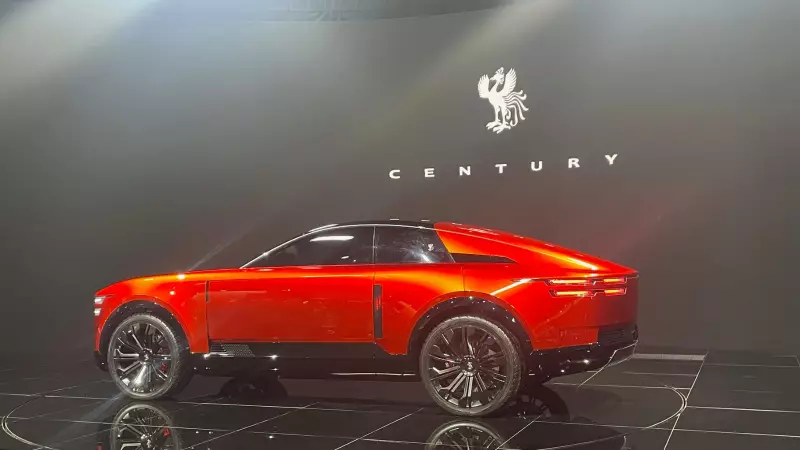
In a dramatic shift that's sending shockwaves through the global automotive industry, Japan's legendary car manufacturers are facing their biggest challenge yet: playing catch-up in the electric vehicle revolution dominated by China. The once-unassailable Japanese auto industry finds itself at a critical crossroads, forced to completely rethink strategies that made them world leaders for decades.
The Wake-Up Call: China's Dominance
While Japanese automakers were perfecting hybrid technology, China executed a stunning electric vehicle takeover. Through aggressive government policies, massive infrastructure investment, and homegrown champions like BYD, China now controls over 60% of the global EV market. This reality has forced Japanese giants to acknowledge they're dangerously behind in the industry's most important transformation.
Japan's Counter-Offensive: Three-Pronged Strategy
1. Toyota's Radical Transformation
The world's largest automaker is undergoing its most significant strategic overhaul in history. Under new leadership, Toyota is accelerating its electric timeline, developing dedicated EV platforms, and investing billions in battery technology. Most importantly, they're shifting from their famous "just-in-time" production to a more flexible approach that can adapt to rapidly changing EV demands.
2. Nissan's Comeback Bid
As an early EV pioneer with the Leaf, Nissan lost its advantage but is now fighting back aggressively. The company is launching multiple new electric models, forming strategic partnerships for battery production, and focusing on cost reduction to compete with Chinese manufacturers on price.
3. Honda's All-In Approach
Honda has declared electric vehicles its top priority, planning to launch 30 new EV models globally by 2030. The company is investing heavily in solid-state battery technology and forming unexpected alliances, including with Sony, to create competitive electric vehicles.
The Major Hurdles: Why Japan Fell Behind
- Hybrid Dependency: Japan's success with hybrid vehicles created complacency and delayed full commitment to pure electric technology
- Battery Technology Gap: Chinese companies control much of the EV battery supply chain and manufacturing capacity
- Government Policy Differences: China's aggressive subsidies and mandates created an unstoppable momentum
- Consumer Market Size: China's massive domestic market provided scale that Japanese manufacturers couldn't match
The Road Ahead: Can Japan Reclaim Its Throne?
Japanese automakers are betting on their legendary quality, reliability, and manufacturing expertise to mount a comeback. They're focusing on developing next-generation solid-state batteries that could leapfrog current technology. There's also a renewed emphasis on global partnerships and adapting their famous kaizen (continuous improvement) philosophy to the EV era.
The stakes couldn't be higher. The entire Japanese economy depends heavily on automotive exports, and failure in the EV transition could have devastating consequences. While the challenge is immense, counting out companies with decades of engineering excellence and global market experience would be premature.
As one industry analyst noted, "This isn't just about catching up—it's about reinventing what it means to be a Japanese car company in the electric age." The race is on, and the world is watching to see if these automotive legends can execute one of the greatest comebacks in industrial history.





